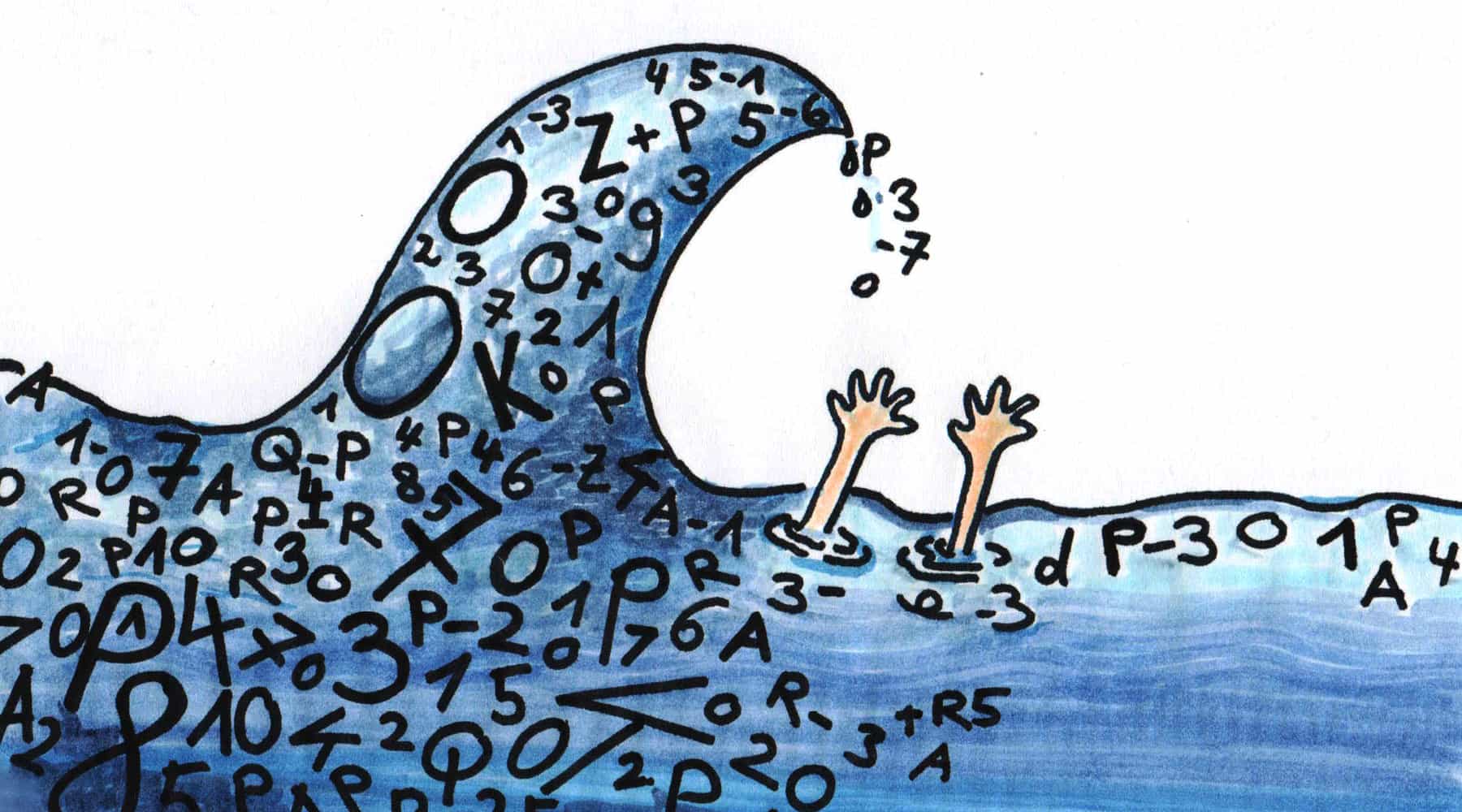COVID-19 research at knowing01
Since 2020, the world we live in has not been the same any more: a small virus made its way through world’s populations. This triggered the scientific community from academic research, to biopharma and the publishing sector to demonstrate its power and potency to collaborate and openly share data and information – starting on day one.
As a result, many citizens have now read and heard about the RNA, genes and (spike) proteins – the tiny biomolecules that are the units, or building blocks of our bodies, living cells and also viruses. Expectedly, with time to pass more and more research became available on, so called, OMICs data.
The problem at hand is – like in many other disease fields – the flood of data and information.

While already more than 700,000 publications and related data on COVID-19 and SARS-CoV-2 are free to access and read, the results – the collected evidences – of OMICS studies remain fragmented. In Europe, ELIXIR as well as the EMBL & EU Commission provided COVID-19 data portal are outstanding efforts to compile pointers to and disseminate primary research data. As a result, researchers find themselves in an ecosystem where – for the first time – all data is freely available, but not always [easily] usable for day-to-day work:
Evidences, experimental results, study key findings and incremental knowledge remains largely inaccessible – hidden on many servers worldwide: in supplementary information stored on publishing server or on many small websites, which the research laboratories have published. Notably, for a small set of experiment and biomolecular types, experimental results are collected and harmonized.
The existing data is not unified due to the origin of the data: Molecular biology. With all the RNA, proteins genes and genetic profiles, the data speak different languages, which need to be translated before being used.
Thus, validation of own new results come with high costs for integration.
Availability of OMIC research results on COVID-19 using knowing01 solutions

The more time passes by, the more data gets generated and published, ultimately resulting in vast amounts of heterogenous molecular data that is more and more difficult to tame. At the same time, our proprietary knowing01 technology is optimized to quickly harmonize and link many different types of evidences, collected through most OMICS measurements – the multiOMICS data. Hence, we are able to impact COVID-19 research in two ways:
Unlock the research results of OMICS data by making use of your automatized, harmonization data flows. Thereby drastically expand the data search space for analysis.
Our Cellmap technology links the multiOMIC evidences: We seamlessly link genetic patient-centric data with in vitro (phospho)proteomic data.
We began collaboration on single projects with academic partners last year. We assembled a COVID-19-related experimental result library that is used with our Annotate analysis, to ultimately make data across OMIC types finally accessible for day-to-day research work.
Talk to us about the data library or collaborations on COVID-19 research, or applications to your own disease study field. Book a meeting with us or use the contact form.